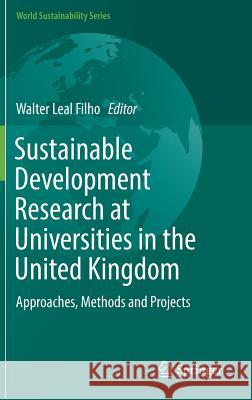Sustainable Development Research at Universities in the United Kingdom: Approaches, Methods and Projects » książka
topmenu
Sustainable Development Research at Universities in the United Kingdom: Approaches, Methods and Projects
ISBN-13: 9783319478821 / Angielski / Twarda / 2017 / 395 str.
Sustainable Development Research at Universities in the United Kingdom: Approaches, Methods and Projects
ISBN-13: 9783319478821 / Angielski / Twarda / 2017 / 395 str.
cena 402,53
(netto: 383,36 VAT: 5%)
Najniższa cena z 30 dni: 385,52
(netto: 383,36 VAT: 5%)
Najniższa cena z 30 dni: 385,52
Termin realizacji zamówienia:
ok. 16-18 dni roboczych.
ok. 16-18 dni roboczych.
Darmowa dostawa!
Kategorie:
Kategorie BISAC:
Wydawca:
Springer
Seria wydawnicza:
Język:
Angielski
ISBN-13:
9783319478821
Rok wydania:
2017
Wydanie:
2017
Numer serii:
000763600
Ilość stron:
395
Waga:
7.33 kg
Wymiary:
23.5 x 15.5
Oprawa:
Twarda
Wolumenów:
01
Dodatkowe informacje:
Wydanie ilustrowane











